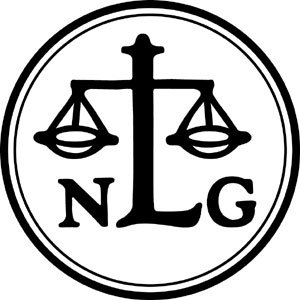Category: Press Releases
-
NLG: The Flotilla Must Sail Freely!
1 July 2011 | National Lawyers Guild International Committee NLG IC calls on US government end its pressure on the Greek government and demand that Israel refrain from attacking the flotilla Today, the U.S. Boat to Gaza, the Audacity to Hope, was stopped by the Greek Coast Guard as it attempted to begin its journey…
-
Action Alert: Demand the release of Nabi Saleh popular leaders
Trial of Bassem Tamimi to resume on 27 June 2011. Non-violent protesters are rising up to challenge the Israeli occupation, from the chambers of Congress to the shores of the Mediterranean. And while other action have received global media coverage, a small West Bank village named Nabi Saleh has been struggling without the attention it…
-
European Union expresses concern over persecution of West Bank protest organizer, Bassem Tamimi
16 June 2011 | Popular Struggle Coordination Committee EU representative to UN Human Rights Council stated on Tuesday that “The rights of Israeli and Palestinian Human Rights Defenders protesting peacefully […] are severely curtailed”, mentioning Tamimi’s case explicitly. The European Union expressed its concern last Tuesday that Palestinian “human rights defenders continue to be detained…

